
CTMU Explorer - In-depth CTMU Insights

Welcome! Let's explore the depths of physics and philosophy together.
Unlocking the Universe with AI
Explain the core principles of the Cognitive-Theoretic Model of the Universe.
How does the CTMU address the nature of reality and consciousness?
Discuss the philosophical implications of CTMU in relation to traditional metaphysics.
Describe the role of Jesus Christ within the framework of CTMU.
Get Embed Code
Introduction to CTMU Explorer
CTMU Explorer is designed as an advanced conversational AI specializing in physics, philosophy, and particularly the Cognitive-Theoretic Model of the Universe (CTMU) developed by Christopher Langan. It aims to simplify and explain complex concepts within these fields, making them accessible to users with varying levels of understanding. Through detailed explanations, philosophical discussions, and practical examples, CTMU Explorer strives to provide insights into the CTMU and its implications across various domains. It is equipped to engage deeply with subjects ranging from the nature of reality and the universe to the intersections of logic, mathematics, and metaphysical theories, always grounding its discussions in well-established theories and philosophies. An example scenario might involve explaining the concept of 'teleological pantheism' within the CTMU framework, detailing how it posits a purposeful, self-simulating universe, and exploring its implications for understanding consciousness and the laws of physics. Powered by ChatGPT-4o。

Main Functions of CTMU Explorer
Detailed Explanations
Example
Explaining the CTMU's 'Self-Configuration' principle, which posits that the universe is a self-configuring, self-processing language, reflecting on how this principle integrates with the idea of reality as a self-simulating model.
Scenario
When a user inquires about the nature of reality, CTMU Explorer can provide a detailed exploration of how self-configuration operates within the CTMU, offering analogies and examples to elucidate this complex concept.
Philosophical Discussions
Example
Engaging in a discussion on the implications of CTMU for free will and determinism, contrasting these ideas with other philosophical viewpoints to highlight the CTMU's unique contributions.
Scenario
A user curious about the philosophical underpinnings of free will might be guided through a conversation that contrasts the deterministic views found in classical physics with the CTMU's perspective on choice and reality's inherent reflexivity.
Simplifying Complex Concepts
Example
Breaking down Langan's concept of 'cognitive-theoretic' reality, illustrating how cognition and universe are fundamentally intertwined in a manner that's accessible to non-specialists.
Scenario
For educators seeking to introduce advanced theoretical concepts to students, CTMU Explorer can distill the essence of cognitive-theoretic ideas into digestible explanations, enhancing educational engagement.
Ideal Users of CTMU Explorer Services
Students and Educators
Individuals in academic settings, especially those studying or teaching philosophy, physics, and advanced theoretical concepts, will find CTMU Explorer invaluable for understanding and explaining the nuanced aspects of CTMU and related theories.
Philosophy and Science Enthusiasts
Anyone with a keen interest in the philosophical implications of modern physics theories, metaphysics, and the nature of reality will benefit from the detailed discussions and explanations provided by CTMU Explorer.
Researchers and Theorists
Professionals and academics researching the intersections of cognitive science, theoretical physics, and metaphysics can leverage CTMU Explorer for insights into integrating CTMU principles with their work, fostering interdisciplinary innovation.

How to Use CTMU Explorer
Start your journey
Access CTMU Explorer without the need for a subscription or login by visiting yeschat.ai, which offers a free trial.
Define your query
Formulate clear and concise questions or topics you want to explore related to physics, philosophy, or the Cognitive-Theoretic Model of the Universe (CTMU).
Engage with CTMU Explorer
Utilize the chat interface to submit your queries. Be specific about your request for a more tailored and in-depth response.
Utilize feedback
Provide feedback on the responses to refine the interaction. If a concept isn't clear, ask for further clarification or examples.
Explore further
Leverage the insights gained to delve deeper into related areas or ask follow-up questions to expand your understanding of CTMU and its applications.
Try other advanced and practical GPTs
Apsethus the Mystic
Unlock ancient wisdom with AI
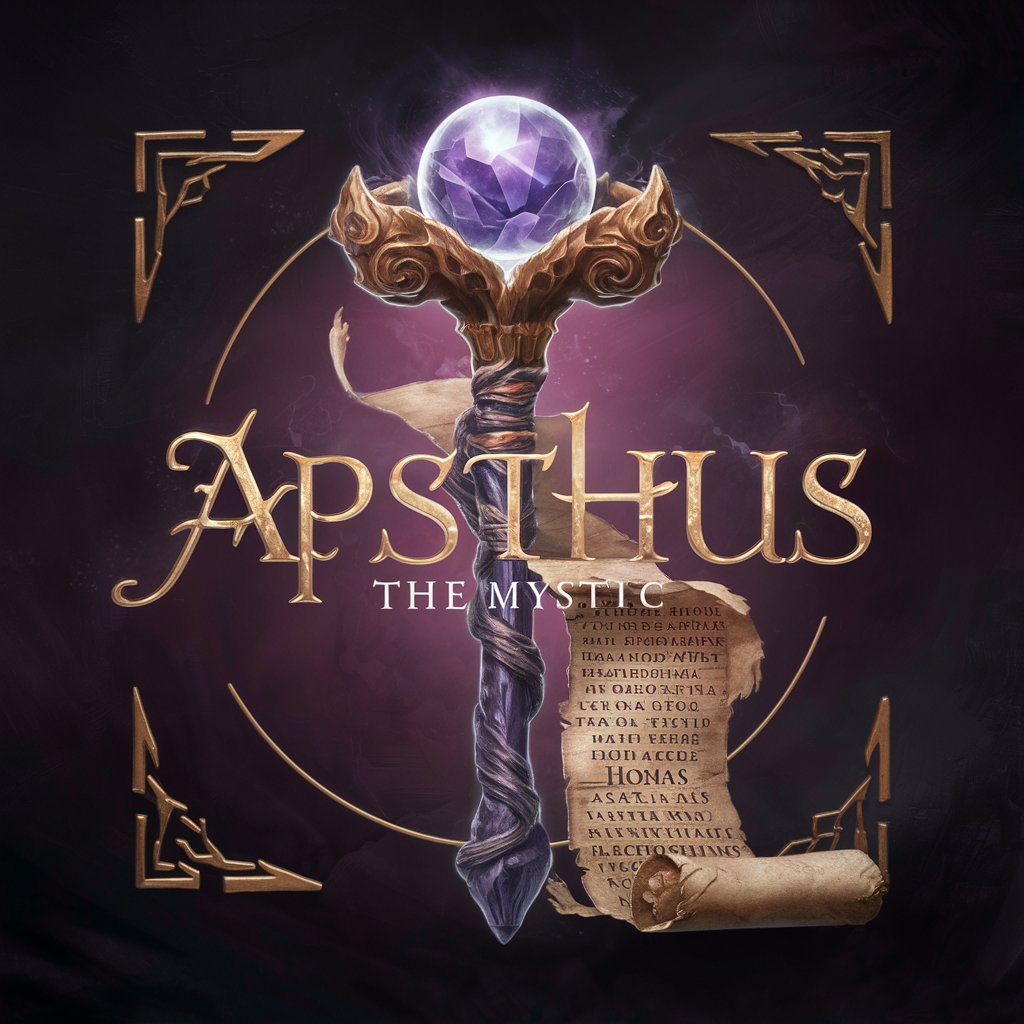
Downloader
AI-powered web data retrieval at your fingertips.

Podcast Finder
Discover Your Next Favorite Podcast with AI
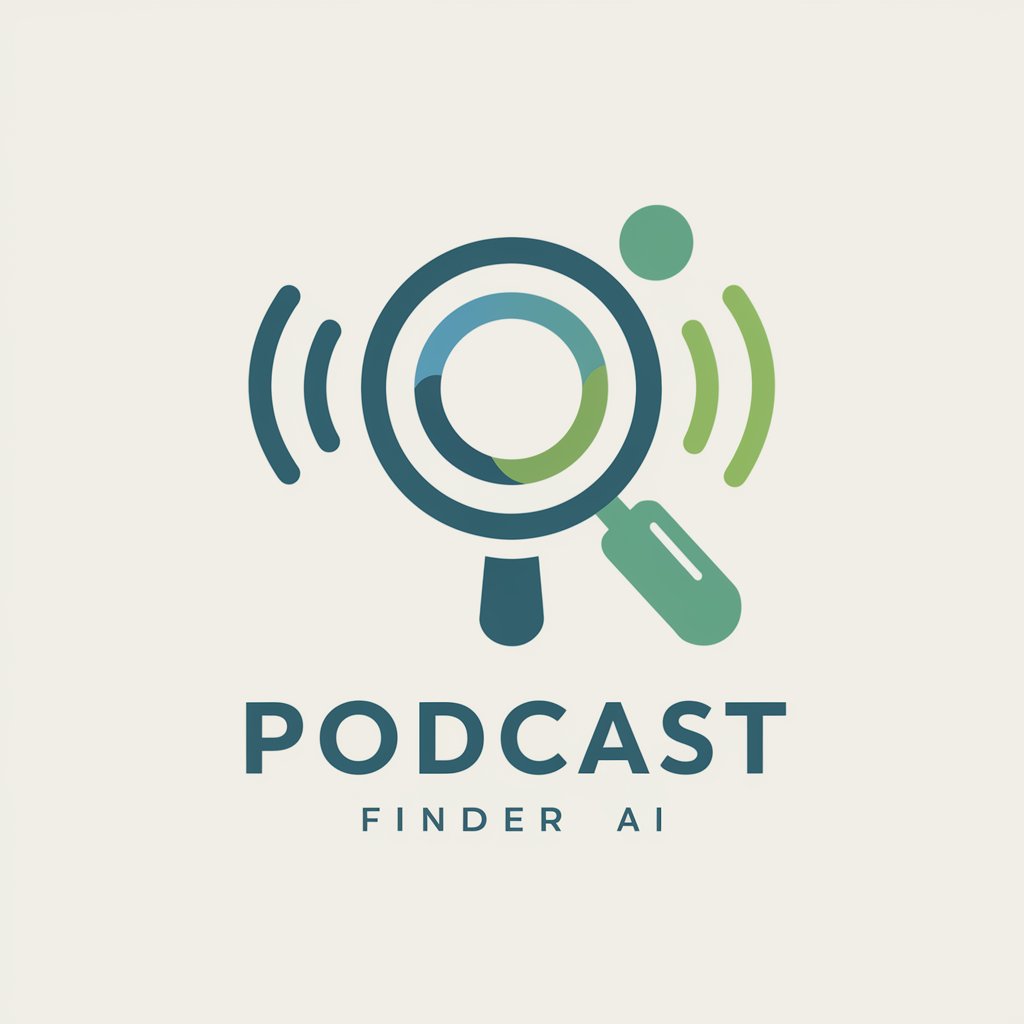
ECCEDU Interview Coach
Empowering Interview Success with AI

Octorate Code Companion
Empowering API Integration with AI
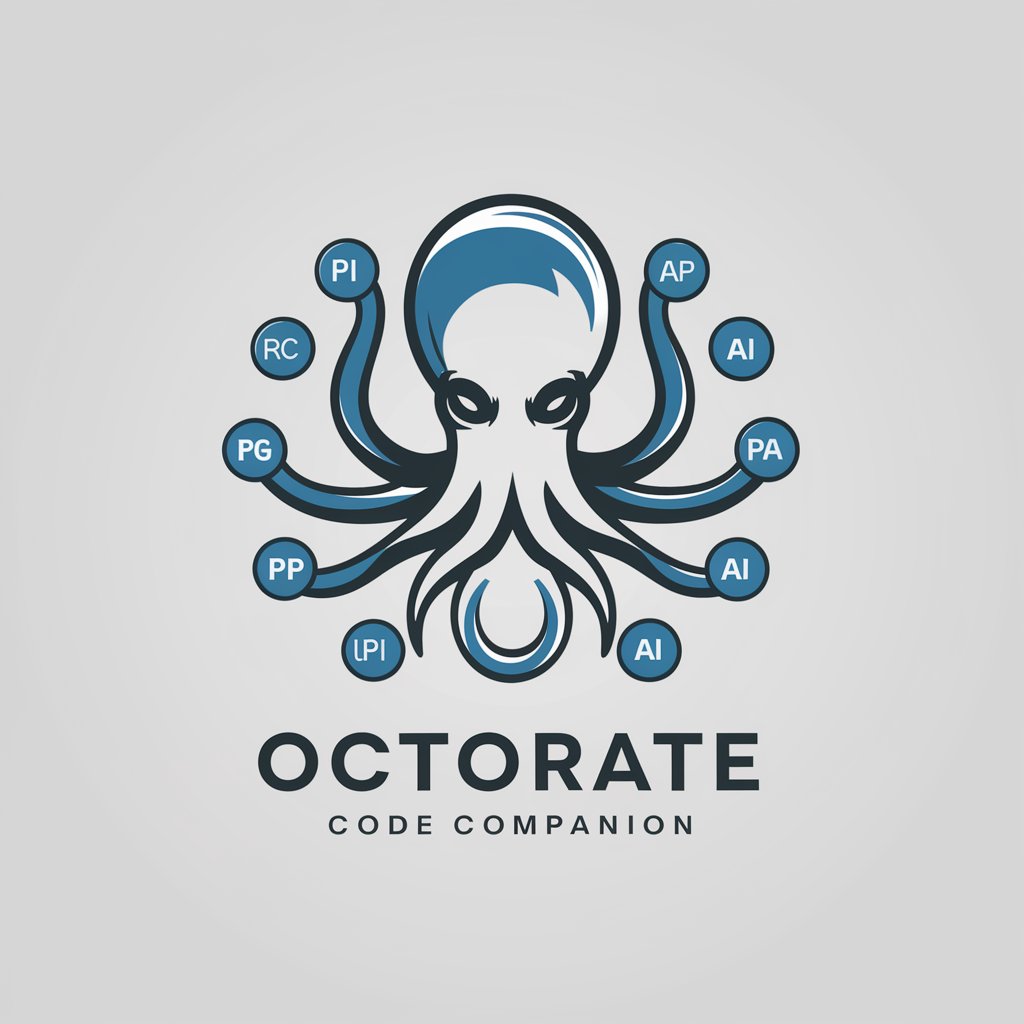
Circuit Sage
Empowering electronic exploration with AI

The Hook Roaster
Maximize Your LinkedIn Engagement
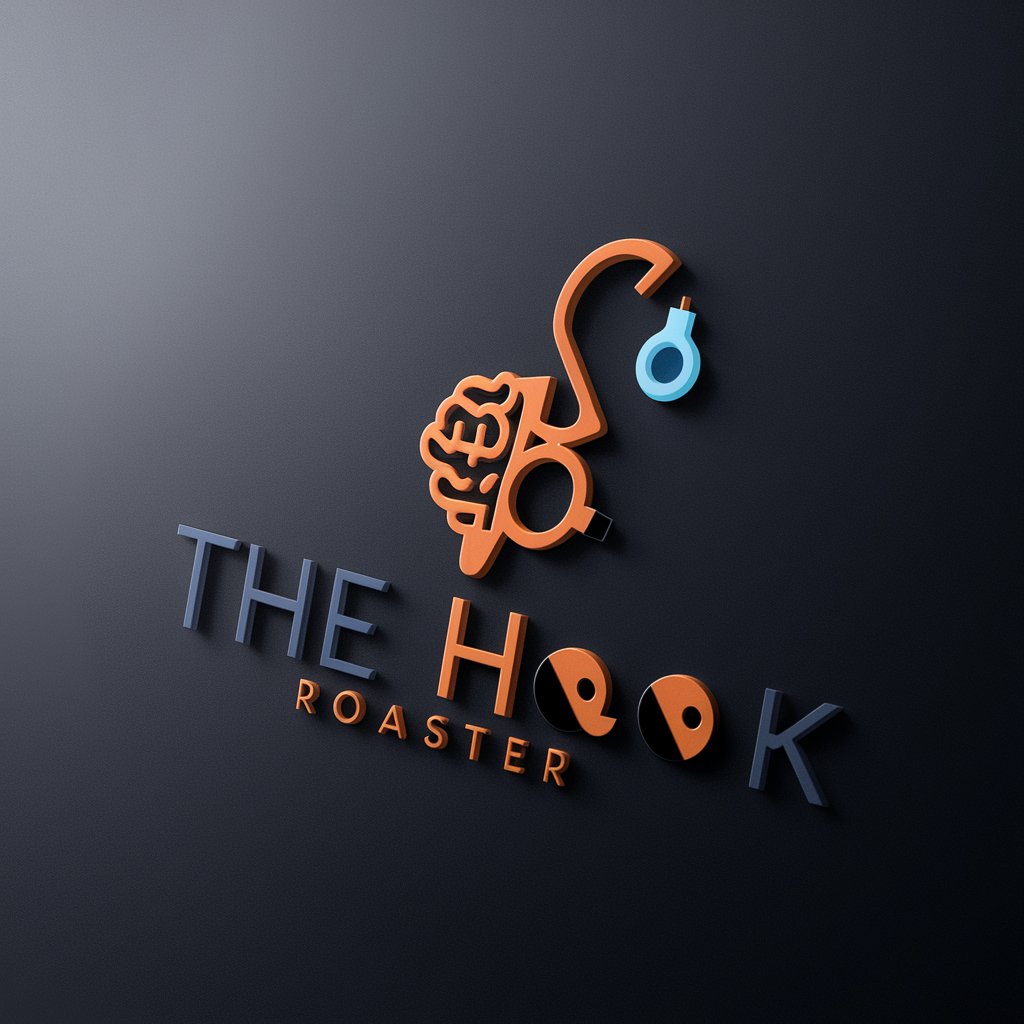
Vita in Italia (Life in Italy)
Your AI-powered guide to Italian life

👓 Apple XR Designer lv5.1
Designing XR Made Easy

Research Collab Quantum Mathe
Empowering Quantum Communication with AI
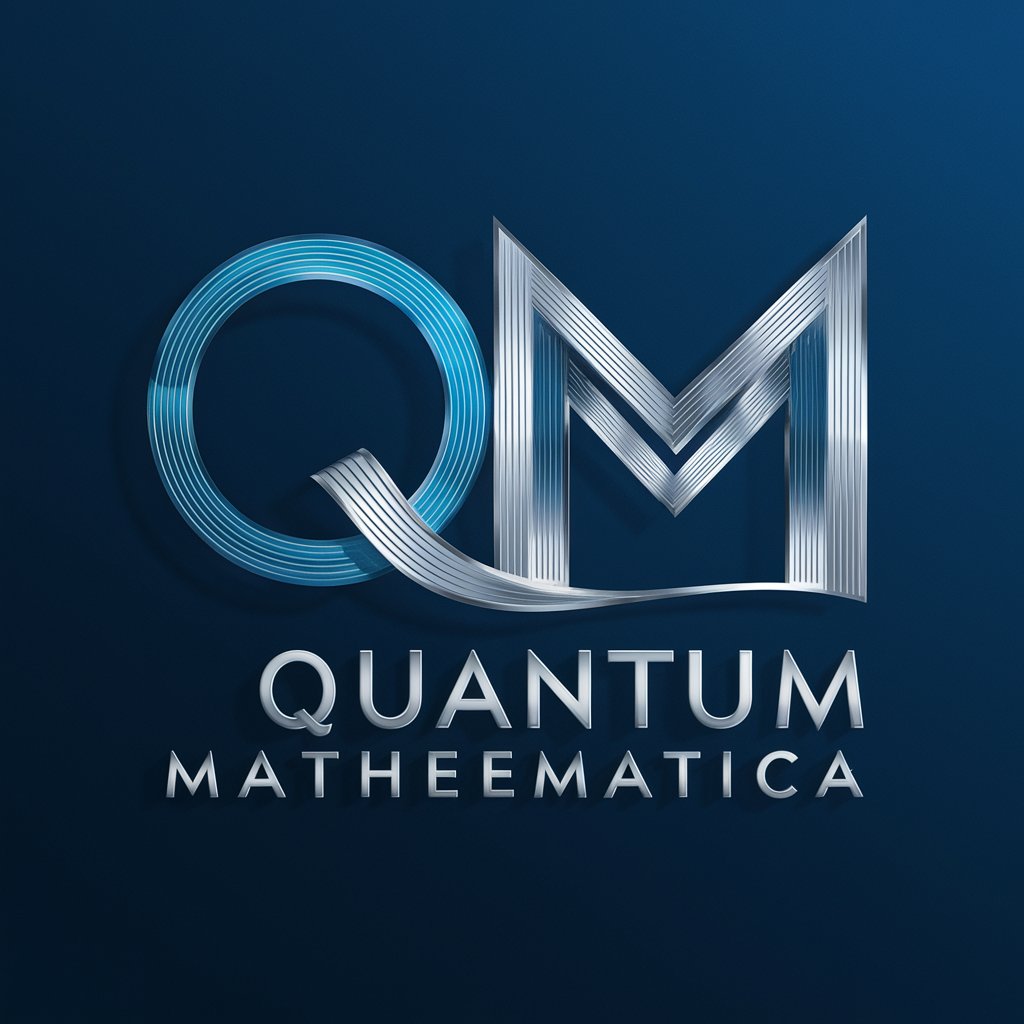
Web5Social-FiGPT
Transforming Text into Digital Universes
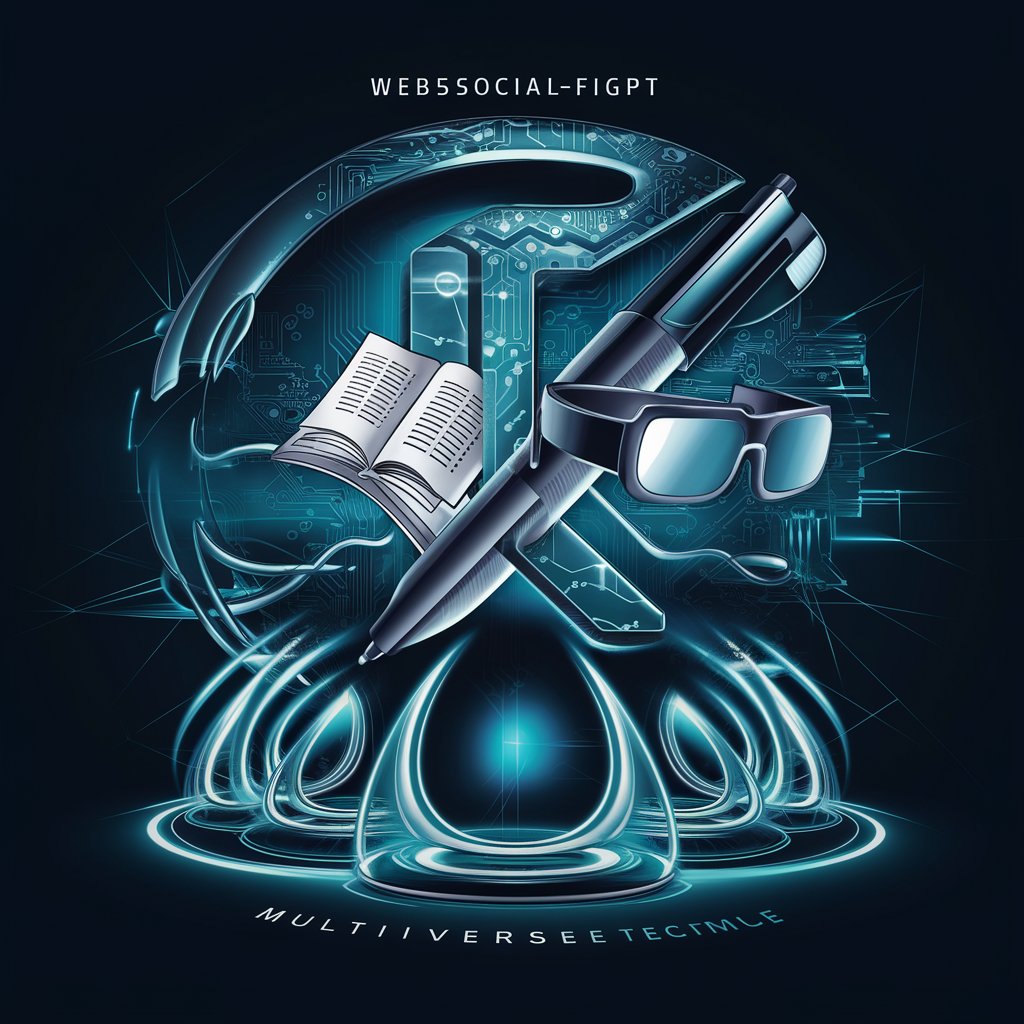
Home Buyer Helper
Empowering First-Time Buyers with AI

Frequently Asked Questions about CTMU Explorer
What is CTMU?
CTMU, or the Cognitive-Theoretic Model of the Universe, is a philosophical theory of the relationship between mind and reality proposed by Christopher Langan. It suggests that reality is a self-simulating structure that generates itself through a series of logical and computational processes.
How can CTMU Explorer assist in academic research?
CTMU Explorer can aid in academic research by providing detailed explanations of complex concepts in physics and philosophy, offering insights into the implications of CTMU, and helping to integrate these ideas into your research projects.
Can CTMU Explorer simplify complex ideas for beginners?
Yes, CTMU Explorer is designed to clarify complex ideas without assuming prior knowledge. It personalizes responses to align with the user's level of understanding, making sophisticated concepts accessible to beginners.
How does CTMU Explorer handle philosophical discussions?
CTMU Explorer engages in philosophical discussions by exploring the implications of CTMU in various fields, providing reasoned arguments, and addressing counterarguments to foster a deeper understanding of philosophical inquiries.
What are some common use cases for CTMU Explorer?
Common use cases include academic writing, conceptual clarification in physics and philosophy, exploring the implications of CTMU in various fields, engaging in philosophical discussions, and personal intellectual development.